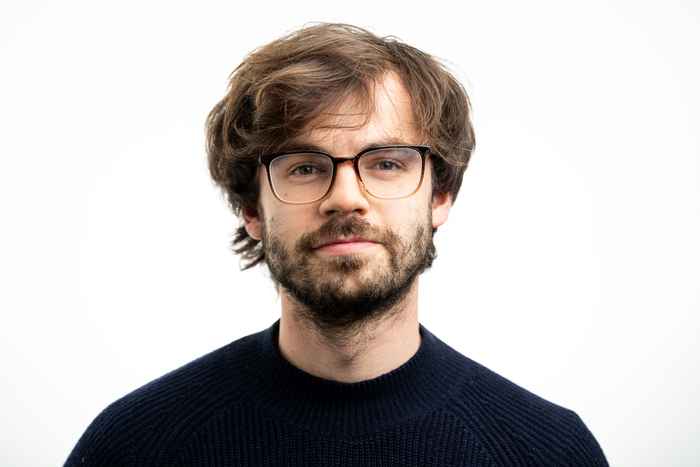DSC Member Spotlight: Jacobus Dijkman
21 May 2024

How do you apply data science to your projects?
'I bridge the gap between speed and accuracy in molecular science using machine learning. Traditionally, researchers rely on computationally expensive simulations to analyze material properties for applications like carbon capture. While faster analytical models exist, their accuracy is often insufficient.
My PhD tackles this challenge by integrating machine learning with thermodynamical equations to describe molecular behavior, aiming to achieve the ideal balance of speed and precision.'
Is there a project from this past year that you are most proud of?
'This past year, we made a significant breakthrough by being among the first to successfully integrate neural networks into a thermodynamic framework for describing molecular dynamics. This paves the way for a powerful and fast alternative to traditional molecular simulations. With our proof-of-concept, we now have a clear path to make it practically applicable, which is very exciting.'
What do you like most about being a DSC member?
'I particularly value the connections with other interdisciplinary PhD students applying machine learning in various fields. I enjoy starting conversations with people working in different disciplines and discovering that the challenges they face often boil down to familiar optimization problems.'
What is your favourite data science method?
'While massive transformer models are currently in the spotlight, I like using smaller, simpler networks that can model complex phenomena through creative training objectives.'
Are you camp Python/R/or something else?
'Python is my go-to language for machine learning due to its extensive libraries and user-friendliness. However, when dealing with molecular simulation algorithms, I rely on C for its raw speed and performance.'